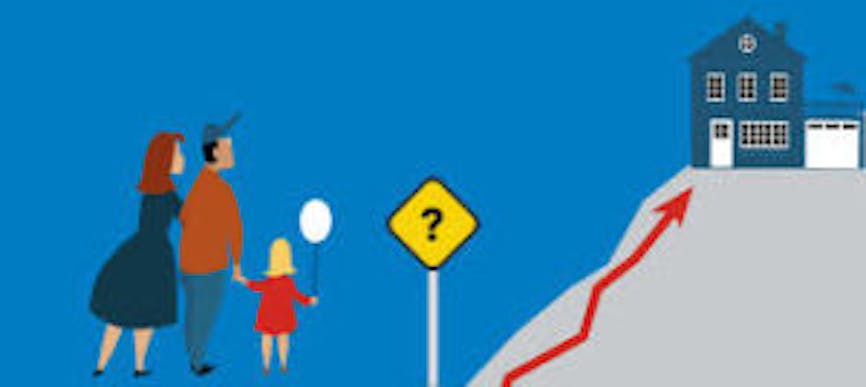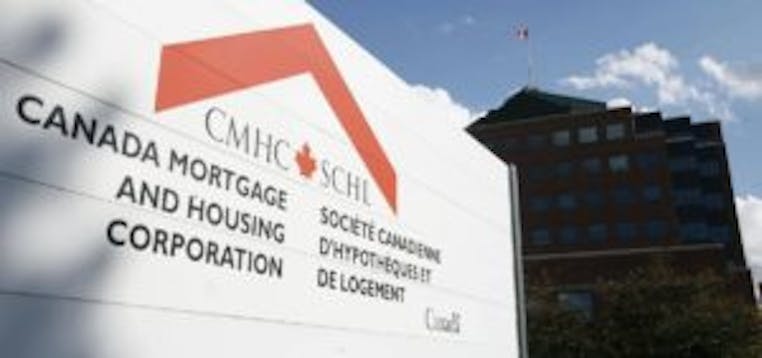Meeting the mortgage demands and being approved is already challenging enough, but securing a mortgage in 2019 is even more of a feat thanks to the recent mortgage stress test.
Let’s look at the new mortgage rules in greater detail and how it impacts home buyers in 2019.
Explained Canadian Mortgage stress test
In order to pass the mortgage stress test, You will need to qualify for your loan interest rate plus 2% or the present five-year benchmark rate of the Bank of Canada, whichever of the two is greater. As of this writing, The five-year benchmark rate of the Bank of Canada is 5.34 percent and has existed since May 2018.
For example, if you are applying for a mortgage at a rate of 3.65%, then your lender will assess you as if you were paying your home loan at 5.65% (3.65% + 2%) since 5.65% is greater than the Bank of Canada’s five-year benchmark rate.
Because of this stress test, Most new homebuyers have had their purchasing power reduced by as much as 20 percent because they are only eligible for a reduced loan at the stress-tested mortgage ratesThe fresh stress test regulations have also rendered refinancing or renewing their mortgage more hard for present homeowners.
How to Prepare For the Mortgage Stress Test
Lenders use a few key metrics when assessing borrowers to make sure they’d be able to pass the stress test and manage mortgage payments, including the gross debt service ratio (GDS) and total debt service ratio (TDS).
Gross debt service ratio (GDS) – Your GDS is the proportion of your pre-tax revenue needed to pay all cost of accommodation. In addition to your stress-tested monthly mortgage payment, your lender will look at the expense of all other monthly expenditures, including condo charges, utility bills, and property taxes.
Your gross monthly revenue will add all these expenses together and divide them. Ideally, lenders want a proportion not exceeding 32%.
Total debt service ratio (TDS) – All of your debts will also need to be factored into the equation, so lenders will look at your TDS as well. This is how much of your monthly revenue is required to cover your debts properly.
To better prepare yourself for the stress test, consider taking the following actions:
Pay down your debt. As already mentioned, Your lender will examine all the debt you presently carry and determine if you would qualify for a mortgage or not. The smaller your current debt load, the lower your TDS will be.
In turn, The findings of your stress test may be more favorable. To prevent paying so much in interest fees, focus first on paying down your high-interest debt (such as your credit cards).
Apply for a smaller loan amount. Be realistic about how much house you can actually afford. You might have your sights set on a home in the $900,000 price range, but if you look at homes in the $700,000 range instead, you might make things much more financially feasible for yourself.
This will not only improve your chances of passing the stress test and obtaining a mortgage approval, but it can also free up more of your income and prevent you from going “house poor.”
Crunch some numbers. Ask yourself if you can afford to pay an extra $500, for example, In mortgage payments if rates raise suddenly after approval.
You could be comfortable making monthly mortgage payments of $1,000, for instance, But what if you had to throw an extra $500? Would that be doable? Or would that throw you into a financial frenzy?
That’s precisely why this stress test was carried out. In the near future, if you are confronted with greater prices, your lender would want to make sure that you are still able to create complete payments each month rather than face default.
Source Link : “https://loanscanada.ca/mortgage/the-canadian-mortgage-stress-test-in-2019/”






